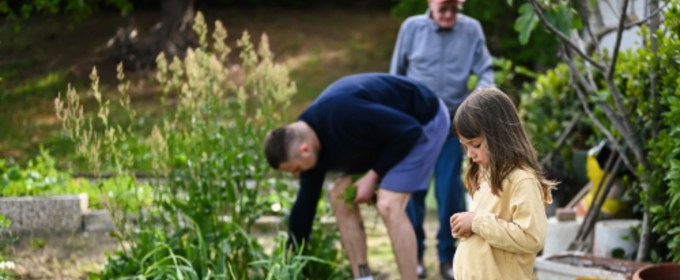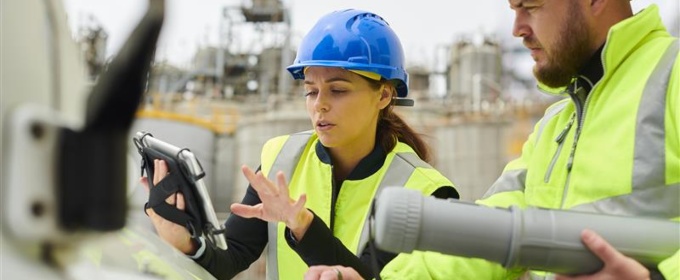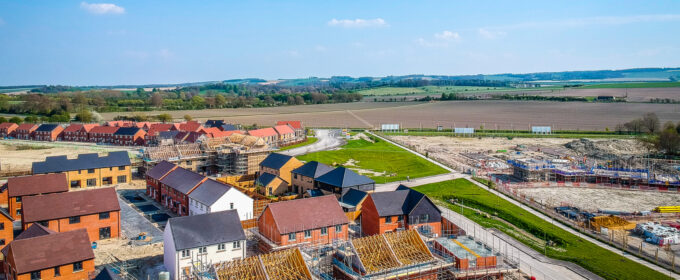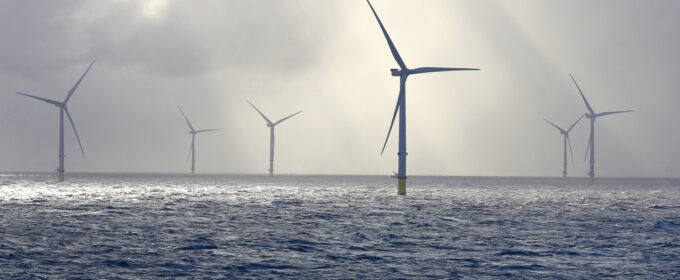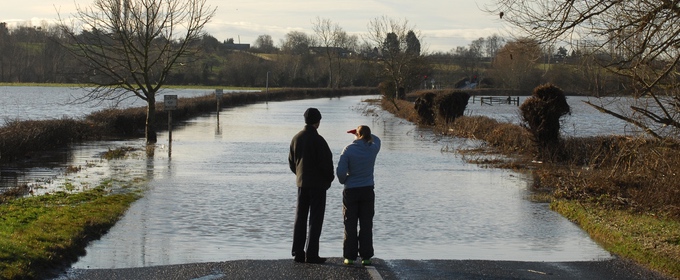As the impacts of the climate and biodiversity emergencies become clearer, there is a growing need to rethink how infrastructure is developed and managed in the UK. The planned redundancy of concrete and steel as building materials makes sustainable urban development problematic. However, the EU, via their Nature-Based Solutions (NBS) research programme, and the UK […]
